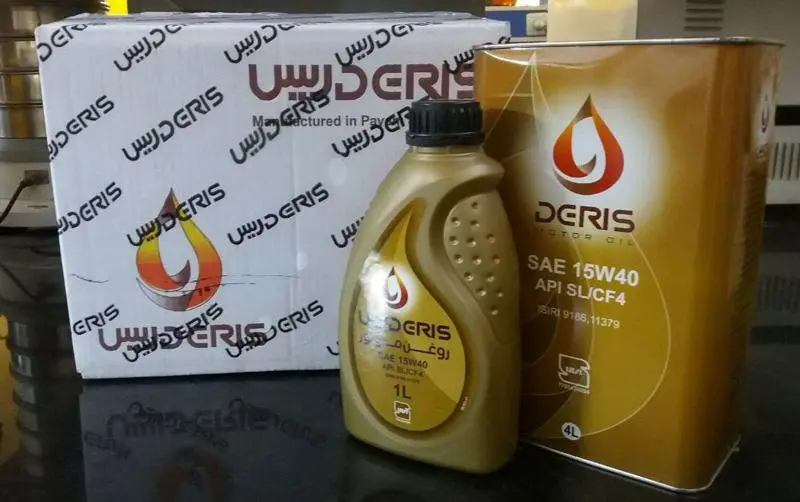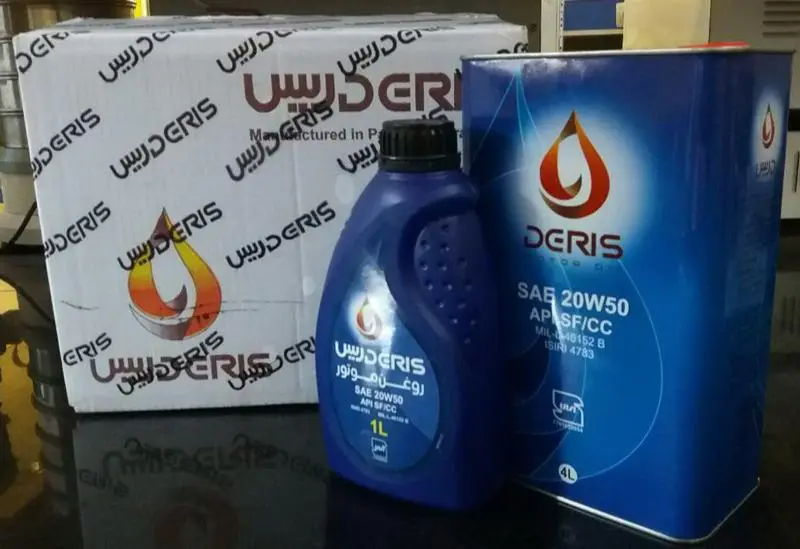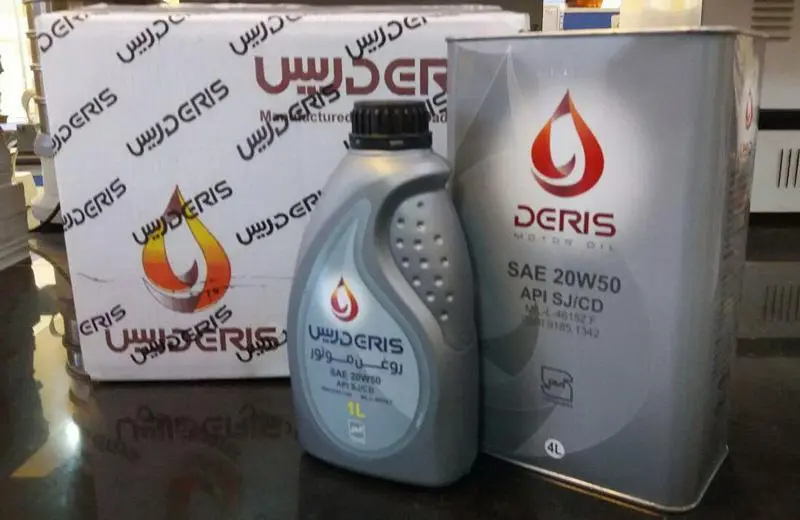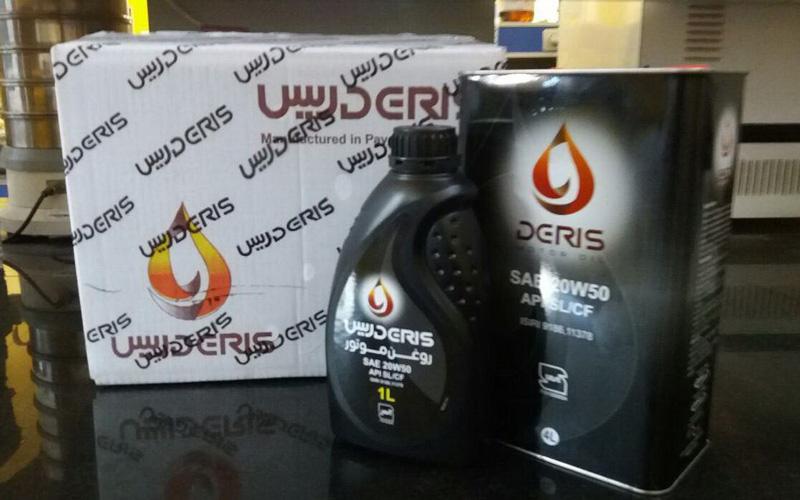Automotive Engine oils
gasoline commercial fleets, heavy duty and diesel services requiring engine oils
OUR PREMIUM OIL COLLECTION
Gasoline Engine Oil
Engine oil serves as the primary lubricant within the automotive sector, playing a crucial role in vehicle performance optimization. To enhance the efficacy of any engine, specialized lubricants are formulated by incorporating a variety of additives, including detergents, dispersants, anti-wear agents, and antioxidants. The effectiveness of these additives is contingent upon their molecular structure, chemical composition, and compatibility with one another. Globally, numerous companies categorize engine oils based on standardized testing that simulates the operational conditions of automotive engines. The American Petroleum Institute (API) classifies motor lubricants into two main categories: those designed for gasoline engines and those for diesel engines. The classification for gasoline engine oils begins with the letter S, indicating various performance levels that are further refined by subsequent letters.
Diesel oil
Oil plays a vital role as a lubricant in the automotive industry. To create a lubricant that functions effectively for a particular vehicle, it is essential to blend the base oil with a variety of additives, including detergents, dispersants, anti-wear compounds, and antioxidants. The performance of the lubricant can vary significantly depending on the formulation of these additives, their proportions, and how well they work together. Around the world, different organizations assess and categorize engine oils through tests that mimic the operating conditions of automobile engines. The American Petroleum Institute (API) has developed a classification system for engine lubricants applicable to both gasoline and diesel engines. The classifications that begin with the letter "C" denote the performance levels for diesel engines, with the following letters indicating improvements in performance.





